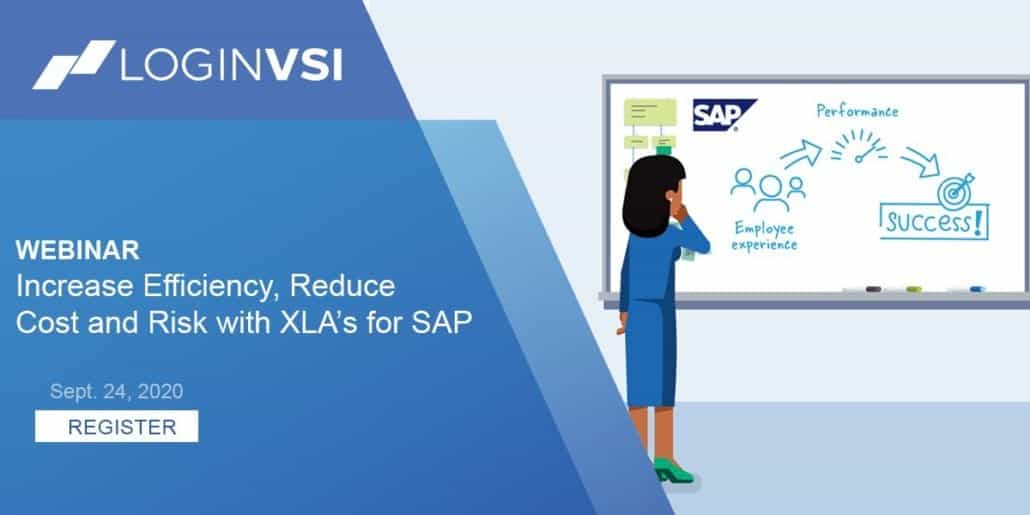Advertorial

Increase Efficiency And Reduce Cost And Risks With XLA’s For SAP
Are you tasked with maintaining and reporting the performance of critical SAP applications? Are you frustrated that traditional monitoring systems do not provide insights into the real user experience?
Gartner stated that “The key is shifting away from legacy uptime metrics and toward metrics that are more meaningful to both provider and customer alike.”
You are likely tasked with change and incident management if you are an IT Manager or Business Leader. Login VSI’s proprietary synthetic users work 24×7, consistently mimicking real user sessions and application interactions to ensure the predefined thresholds are not compromised.
In this webinar, performance expert Mark Plettenberg will discuss the value of measuring performance and availability from the end-user perspective and applying this in management reporting.
Key takeaways from the webinar:
- The value of measuring SAP performance and availability
- How to safeguard business-critical SAP application availability and avoid business stand-still
- Practical tips to get started and a guideline on how to improve your IT Change Management processes
Thursday, September 24 at 11:30 am EDT / 17:30 CET
Can’t attend the webinar? Sign up anyway and we will send you the recording.
Speaker

Mark Plettenberg
Sr. Product Manager at Login VSI and Microsoft MVP, Citrix CTP, VMware Expert


















